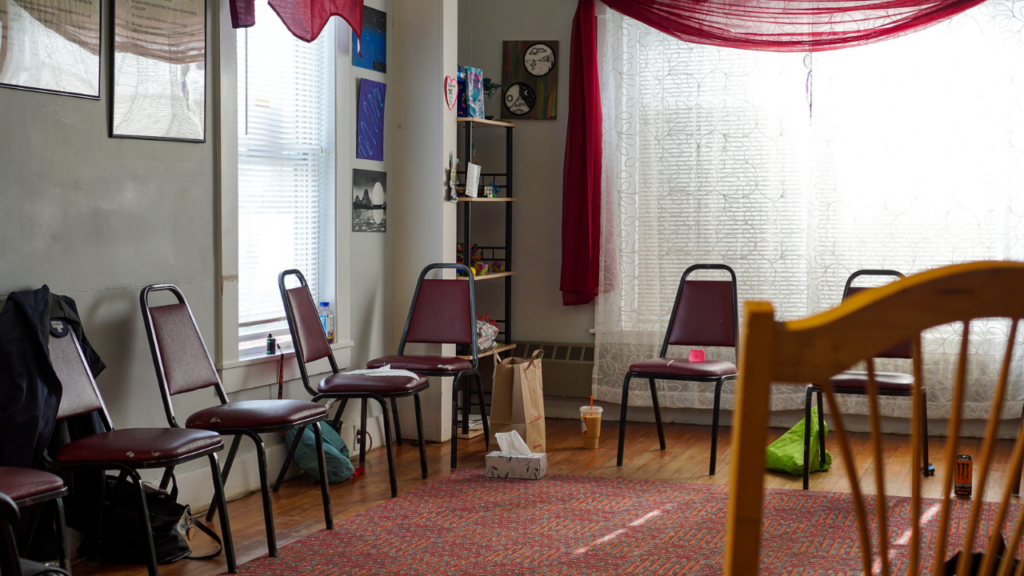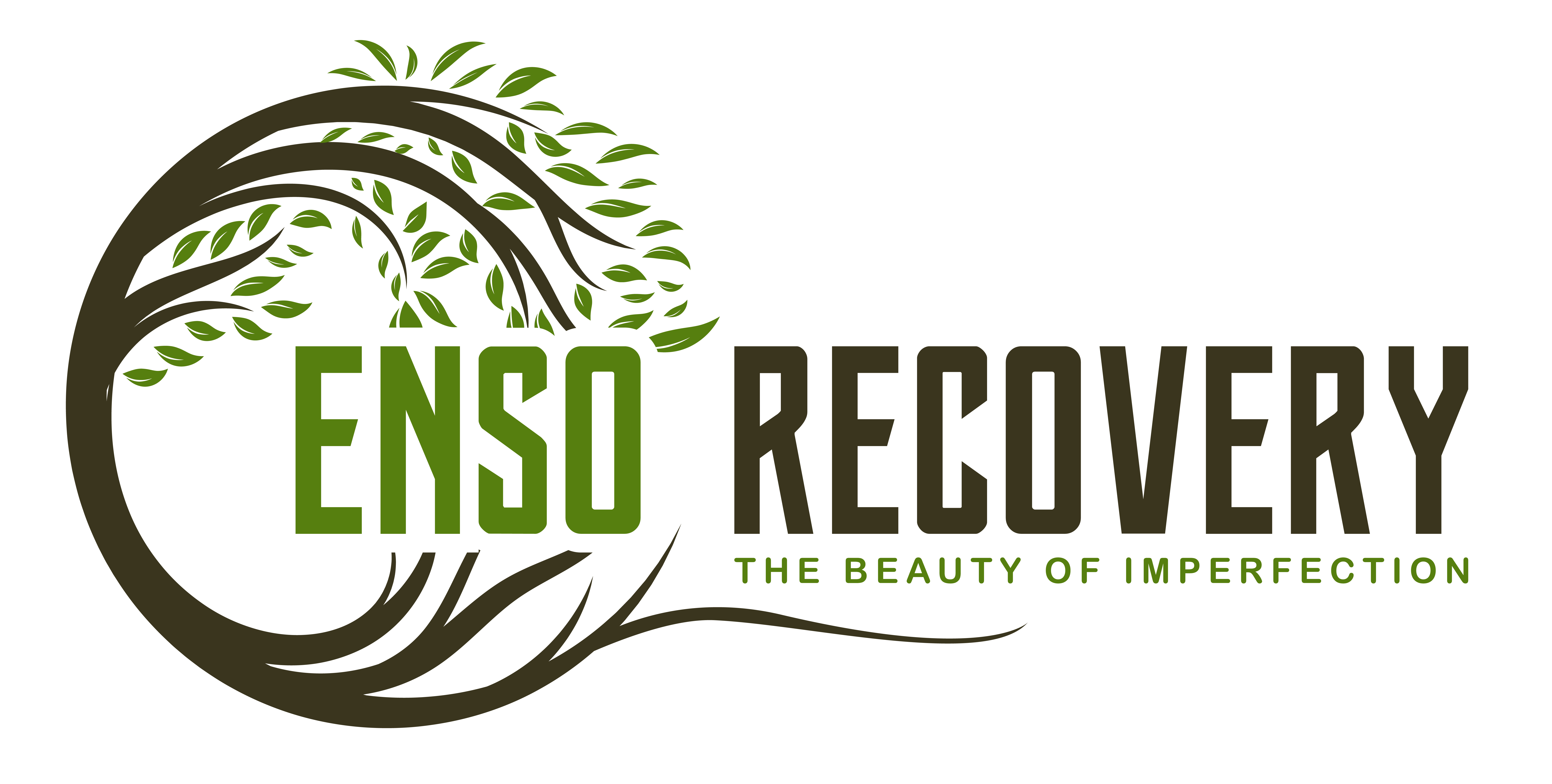Many individuals struggling with substance use disorders also face mental health challenges. This combination, known as dual diagnosis or co-occurring disorders, requires specialized treatment approaches. Here are answers to common questions about dual diagnosis treatment in Maine.
What is dual diagnosis or co-occurring disorders?
Dual diagnosis refers to the simultaneous presence of both a substance use disorder and a mental health condition in an individual. These conditions often interact and complicate each other, making integrated treatment necessary. Common mental health conditions that co-occur with substance use include depression, anxiety, PTSD, bipolar disorder, and schizophrenia.
How do I know if someone needs dual diagnosis treatment?
Signs that someone might benefit from dual diagnosis treatment include persistent mental health symptoms alongside substance use, using substances to self-medicate emotional pain, experiencing withdrawal symptoms that worsen mental health symptoms, or having a history of treatment for either condition alone without lasting success. A comprehensive assessment with qualified professionals is essential for proper diagnosis.
How does medication management work for co-occurring disorders?
Medication management for dual diagnosis involves carefully coordinated treatment of both conditions. For substance use disorders, medications like Suboxone or Vivitrol may help manage cravings and withdrawal, while other medications might address specific mental health symptoms. At ENSO Recovery, our providers work closely with clients to find the right medication balance, monitoring interactions and adjusting treatments as needed to support overall recovery.
Does insurance cover dual diagnosis treatment in Maine?
Most insurance plans in Maine, including MaineCare, cover dual diagnosis treatment. Coverage varies by plan, but many insurance providers recognize the importance of integrated care. ENSO Recovery works with clients to navigate insurance questions and explore payment options, ensuring that financial concerns don’t become barriers to receiving necessary treatment.
How long does dual diagnosis treatment typically last?
The duration of dual diagnosis treatment varies significantly based on individual needs. Some clients benefit from our Intensive Outpatient Program (IOP) for several weeks before transitioning to our regular Outpatient Treatment (OPT) program. Recovery is a personal journey, and treatment plans at ENSO Recovery are customized to match each client’s unique situation, with ongoing support available as long as needed.

How do different therapies work together in treatment?
Effective dual diagnosis treatment integrates multiple therapeutic approaches. At ENSO Recovery, we combine group therapy, individual counseling, life skills education, and medication management when appropriate. Our team coordinates these different elements to create a cohesive treatment experience that addresses both mental health and substance use simultaneously rather than treating them as separate issues.
What are common misconceptions about dual diagnosis treatment?
One common misconception is that substance use must be addressed before mental health can be treated. In reality, integrated treatment addressing both issues simultaneously is most effective. Another misconception is that dual diagnosis means a more difficult or less successful recovery. With proper treatment, individuals with co-occurring disorders can achieve lasting recovery and improved quality of life.
What can someone expect from dual diagnosis treatment at ENSO Recovery?
At ENSO Recovery, clients receive personalized care from a team experienced in both addiction and mental health treatment. Our approach includes comprehensive assessment, individualized treatment planning, and coordination between mental health counseling, substance use treatment, and case management services. For those needing stable housing, our recovery residences in Augusta and Sanford provide supportive environments that contribute significantly to successful recovery.
Is dual diagnosis treatment available throughout Maine?
Access to quality dual diagnosis treatment varies throughout Maine, with more options available near population centers. ENSO Recovery’s locations in Augusta and Sanford serve central and southern Maine, making integrated care more accessible to residents in these regions. Our team understands the importance of receiving treatment in one’s community and works to address transportation and accessibility challenges when possible.
How does having stable housing impact dual diagnosis treatment?
Stable housing is crucial for successful dual diagnosis treatment. ENSO Recovery’s gender-specific recovery residences provide structured, supportive environments where clients can focus on their recovery without housing insecurity. These residences accept individuals on medication-assisted treatment and provide a community of peers working toward similar goals, which can be particularly beneficial for those managing co-occurring disorders.
If you or a loved one is struggling with both substance use and mental health challenges, comprehensive dual diagnosis treatment can make a significant difference. Contact ENSO Recovery today at 207-245-1800 to learn more about our integrated treatment programs in Augusta and Sanford.
